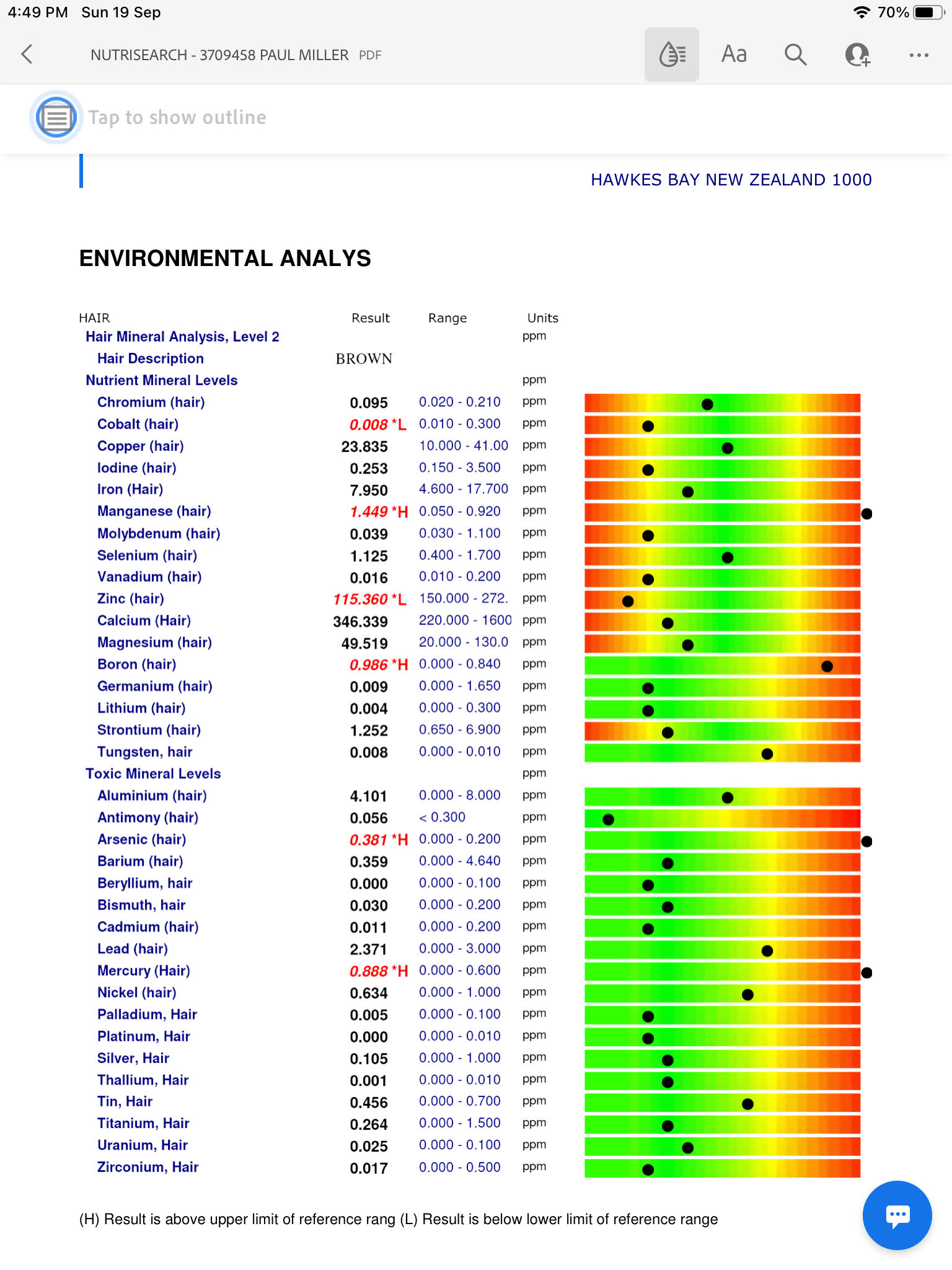Happy Monday All,
Hope you had a lovely weekend and enjoyed the beautiful sunshine! We headed to the Daffodil Park on Sunday which was beautiful (if you haven’t been there it is worth a visit). Paul headed for a hike in the Hills. Saturday night was family fun at Flip Out – I think Paul and I had just as much fun as the kids as we challenged ourselves by jumping on to high boxes. A few minor injuries but overall success!
Now on to todays topic… Fish. Whether your one source of fish is through fish and chips or you cook it from fresh at home, read on for a great tip on how to reduce the mercury intake from certain types of fish.

Fish is one of the healthiest foods that you can eat. It is a wonderful source of protein, micronutrients and good fats. BUT, some types of fish contain high levels of toxic mercury. Excess mercury exposure has been linked to serious health problems.
Mercury is a heavy metal found in the soil, air and water. Our factories throw out mercury residue into the air which then floats down into the streams, rivers, lakes and oceans.
Once the mercury is in the water it is converted to methylmercury by bacteria. This methylmercury is then suckered up by aquatic organisms which are then eaten by the little fish.
The little fish get eaten by the bigger fish and the bigger fish get eaten by the even bigger fish.
The mercury becomes more concentrated the further up the chain it goes. We (humans) then go fishing and wolf down a meal of wonderful protein with a fish-ful of mercury.
Mercury levels in fish are measured in parts per million (ppm) Here is the average levels in a few different fish
- Swordfish: 0.995 ppm
- Shark: 0.979 ppm
- King mackerel: 0.730 ppm
- Bigeye tuna: 0.689 ppm
- Marlin: 0.485 ppm
- Canned tuna: 0.128 ppm
- Cod: 0.111 ppm
- Whitefish: 0.089 ppm
- Herring: 0.084 ppm
- Hake: 0.079 ppm
- Trout: 0.071 ppm
One study in 2003 tested 89 people and found levels ranging from 2.0 to 89.5 mcg per litre. Government agencies recommend the blood mercury levels should be below 5.0 mcg per litre. A whopping 89% had higher levels than the maximum limit.
High levels of mercury exposure have been linked to conditions such as Alzheimer’s, Parkinsons, Autism, Depression and Anxiety.
One study of 1,800 men found that those with the highest levels of mercury were twice as likely to die from heart related problems than men with lower levels
Early symptoms of excess mercury can include foggy thinking, lethargy, muscle twitches, insomnia, digestive problems and anxiety
Here is a screenshot of testing from a client that wasn’t feeling too peachy. A heavy metal detox was much needed.

The easiest way to avoid mercury is to avoid the fish with the most mercury in them. The second easiest way to minimise the impact is to simply drink green or black tea with your fishy meal.
Researchers at Purdue University created an artificial human digestive system, complete with enzymes and juices. The lining of the digestive tract had real human gut cells.
Various foods were then tested to see if they would inhibit the conversion of mercury into an absorbable form.
Black tea and green tea did the best job, reducing the bioaccessibility of mercury by 88 – 92%
Of course a test like this is only an approximation of reality. Further studies may well be required. BUT I think drinking a cup of black or green tea with my fish lunch is a pretty good idea.
Paul ‘’bottom feeder’’ and Krystie ‘’ fishy green tea” Miller

Recent Comments